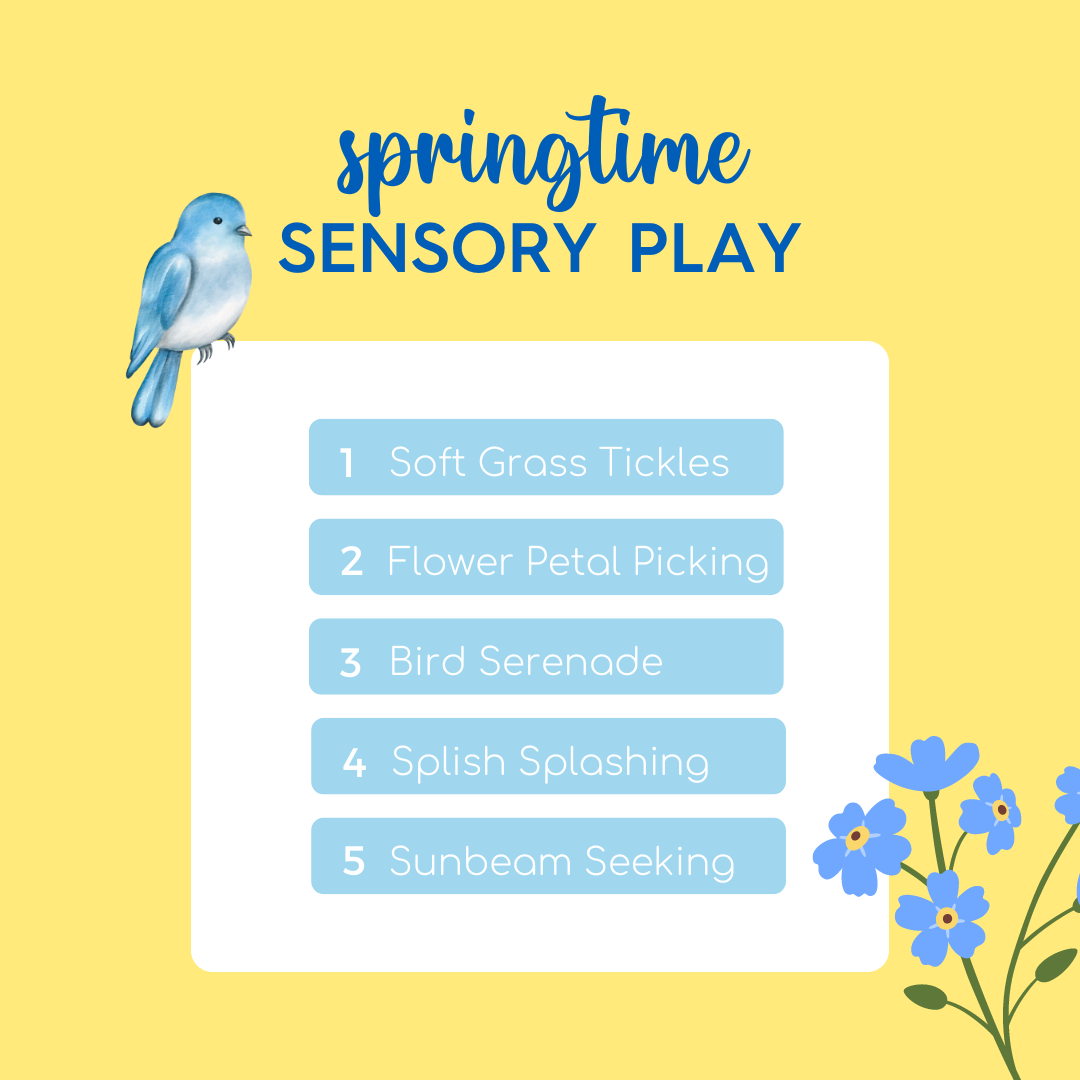Reducing Fear of the Unknown When You are Expecting

Pregnancy is a wonderful time for many, but around 20% of women do report that they can be afraid of giving birth. When they have never had a baby before, fear of the unknown and losing control can spark anxiety. Being a little scared of the unknown is normal, but the good news is that you can tackle your fear through support, reassurance, and education. Knowing what to expect is the first step making parenthood a confident, proactive experience.
What do Some Pregnant Women Fear?
Just a few reasons that can trigger anxiety include the fear of pain during childbirth or a prolonged delivery, time concerns (including fear of not making it to the hospital on time and fear of preterm labor), and the fear of complications. Anecdotes and family histories may make these fears worse. Finally, women may fear the quality of the healthcare services they will be receiving if they are not able to choose their hospital. Fears can also include those that arise in the day-to-day care of a baby - including colic, sleep times, and feeding schedules.
Opting for Group Antenatal Education
Antenatal education, often received alongside other expectant mothers under the guiding hand of a midwife or other professional, are an excellent way to receive support and to hone one’s knowledge on everything from birth plans to whether or not to opt for an epidural. These groups also enable new moms to glean insight from other pregnant women who already have children. Newcomers to the game can learn about useful colic calming formulations, the type of equipment a baby will need, and value-for-money furniture and other needs.
Embracing a Healthy Lifestyle
Women who may have had a stillbirth in the past may be particularly anxious about their baby’s welfare. There is much that can help them achieve a better state of body and mind. When it comes to the body, eating healthily and undertaking doctor-approved exercise can help them feel more vital and energetic. They can also learn about harmful chemicals like BPA, which is found in clear, hard plastic used for food and drink containers, recipients, and other commonly used items. It is important for expectant mother to opt for BPA-free storage for food and drinks, since there is a link between having high levels of BPA and the risk of miscarriage. Additional healthy changes to make include consuming a healthy, Mediterranean diet comprising lean meat, fruits and vegetables, healthy fats, and grains/legumes and nuts.
Keeping Mental Health in Check
Women who are feeling anxious about things they cannot control can work to reduce levels of stress hormone, cortisol, by embracing mindful activities. These include yoga, Tai Chi, and meditation. All of these practices have been found in study after study to induce a greater sense of calm and to improve mood. As such, yoga and meditation frequently make up part of programs aimed at conditions like stress, anxiety, and depression. If you are an expectant mother, it is important to have support and reassurance from those around you. Joining an antenatal class can also help keep you informed and accompanied. You can also beat anxiety by taking steps to boost your confidence; these can include consuming a healthy diet, exercising, and taking part in mindfulness pursuits.
 Canada
Canada South Africa
South Africa UK
UK EU & Int
EU & Int Ireland
Ireland Australia
Australia Brazil
Brazil New Zealand
New Zealand













Comments